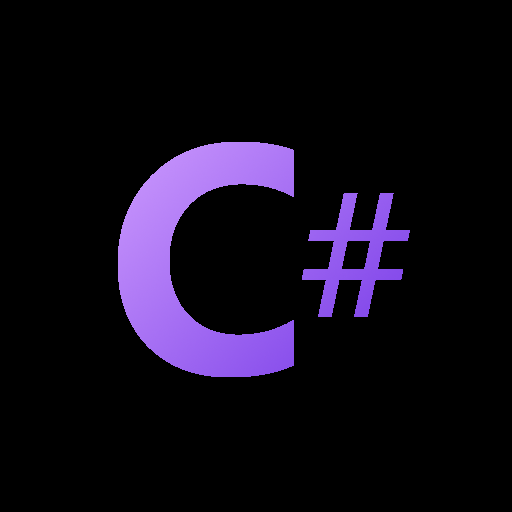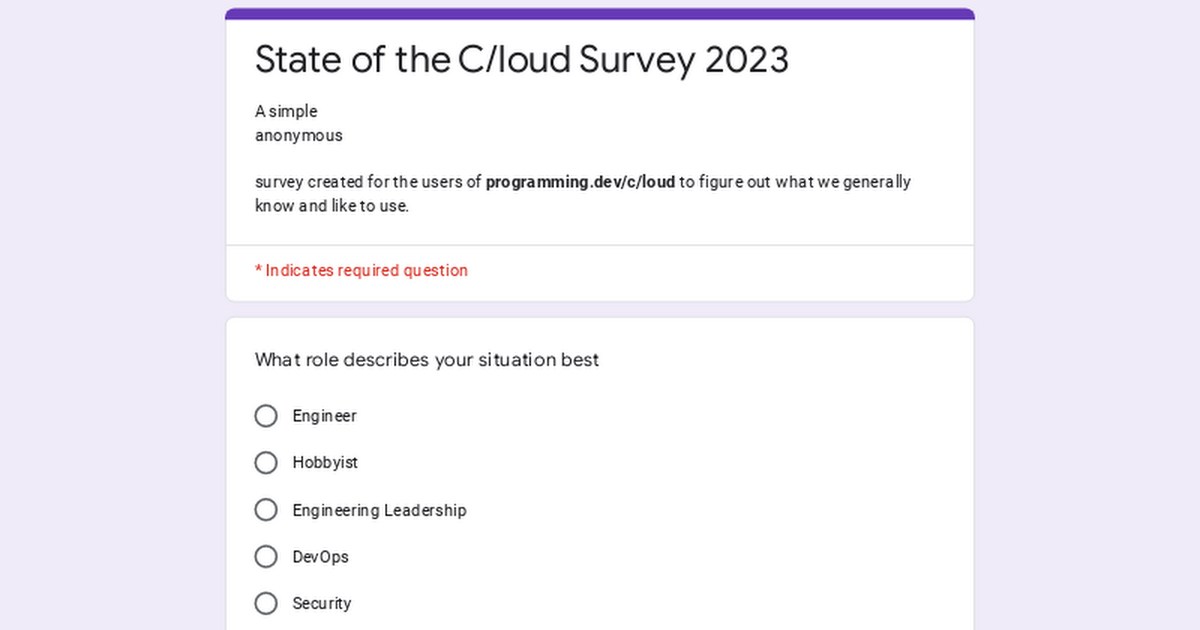Azure | .NET | Godot | nibble.blog
- 11 Posts
- 9 Comments

 3·1 year ago
3·1 year ago- You need as many environmental reminders that you are doing work as possible:
- dedicated work place where you don’t game or browse or do chores and taxes on.
- dedicated work time where you are allowed to do work.
- dedicated non-work time where you won’t work and don’t get to feel bad about not working on the project and avoiding negative emotions associated with the work.
- I have a dedicated work shirt only worn while at work
- figure out your attention sinks: music/podcasts/YouTube w/e and apply them strategically to signal that you are or are not working
- Plan. Identify as many tasks as possible ahead of time and figure out what is motivational an demotivational. Motivation takes a nosedive once the low hanging fruit runs out.
- make sure to front-load the boring stuff and keep motivated by anticipating the fun stuff later. Please, Start out with the tests. TDD is a hack for ADD
- Ration your creative sessions. Once you feel you are plateauing force yourself create some novelty in the project.
-
Want and grit. At some point you’ll have to grit it out. You have to make it clear to your brain that you want it. Make it personal. Want it not the way you want to have a cookie after dinner, want it the way you want to breathe. Don’t even want the project, but want to prove to your brain that you are a rare capable human, able to start and finish a creative endeavour independently.
-
Make work time scarce and urgent. Having a child has done wonders for my creative output. I used to splurge 6 hour sessions kinda working on something…now I get maybe 40 minutes a day. An hour if I’m creative about it. But heck, does that hour get applied like nobody’s business.
Hope this helps, best of luck!

 1·1 year ago
1·1 year agoTheres like a whole class of “Stuff you have to relearn every time you have to use it”: XPath, JMESPath, cron, ffmpeg, ImageMagick, PostScript etc… REGEX might be king of those :p

 0·1 year ago
0·1 year agoAlso works for cron jobs, shell scripts, SQL queries, HTML layouts and the odd mermaid diagram

 0·1 year ago
0·1 year agoA single race condition is a tragedy. A million race conditions is eventual consistency.
What I love most about Krazam is that in every video they make, you see the guy move up the usual tech career ladder xD
I’ve been trying to setup a working instance using container apps, web apps for containers and ACI, but it remains finicky. Do you know of a bicep or deployment script that does this properly?

 0·1 year ago
0·1 year agoIt’s difficult problem to solve. Lemmy’s stack is a bit unconventional. The rust backend is not idiomatic and the ui is based off a template of an isomorphic not-quite-react framework. Its not impossible, but it will take a while for alot of programmers come onboard.
That being said, there’s more to it than writing code. Better bug reports, reproduction, updating docs and triaging/managing the issues is possibly more important than writing PRs. Don’t be discouraged!

 1·1 year ago
1·1 year agoArticle is a bit dated and hard to read. The gist of the author is relatable though 15 years later: redundancies have been hella annoying, especially if they are unknown. Bad abstractions, however, create dilemmas, dead-locks and chicken-and-egg situations. And it’s impossible to create good abstractions unless you have no colleagues and no customers.
I would take some frustration over grinding to a halt any time.








It depends… The myriad of reasons to have a dedicated release day have often to do with synchronizing marketing, support and the other departments.
My question is what does QA mean for your org? Does it mean defect detection? Testing? Acceptance? Those are all different things. The teams i see that are able to release every day have a strict separation of Quality Control and Functional Acceptance. QC used to detect defects and regression and is handled by highly automated processes accounted for by engineering. Then acceptance is done by a dedicated product/quality team that figure out if the new functionality actually is built to spec and solves the customer problems. This also involves blogs, documentation, customer contact, release notes, tutorials and workshop for the support team etc… This second part is handled by feature flagging, so that the product teams can bèta test, run a limited release and track adoption.
It really depends on what kind of software youre running and what your relationship is towards the end user and the rest of the org. Something that is the same in all cases is that your requirements and acceptance criteria need to be very clear from the start and regression resting needs to be fully automated.